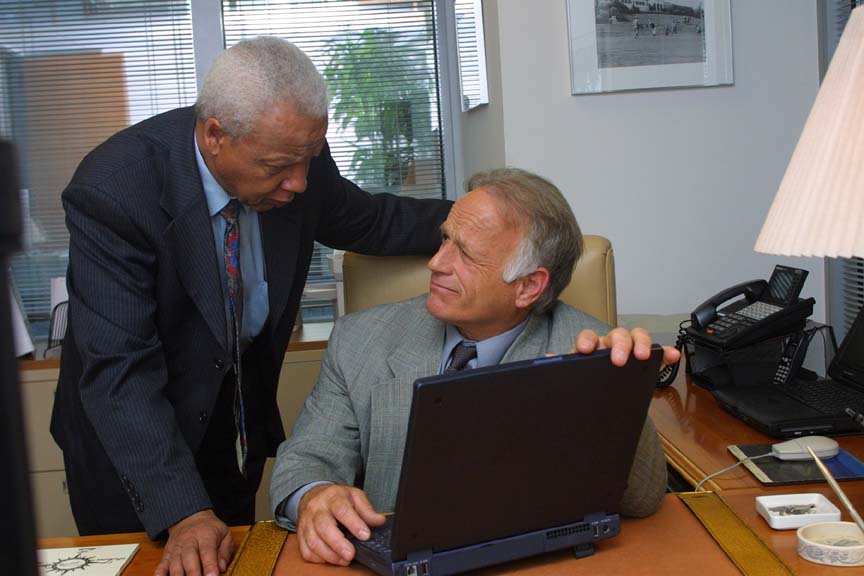Whether your company is large or small succession planning is important – what if something suddenly happened to your current leader(s)? Would there be any one that would be able to take charge of the company? What is the risk to your organization if that were to happen?
Succession planning is similar to insurance for your company leadership and it usually starts with Human Resources leading the process to identify the requirements for your next leaders. Current leaders and board members should be assigned roles and accountability in succession planning.
Once the leadership requirements and key roles are determined, current executives should be evaluated, not only in terms of their current roles, but also the potential to assume larger roles in the company.
Potential leaders can be assigned coaches and/or mentors to begin the process of transition to new leadership. Third party coaches bring a fresh perspective and a degree of objectivity in succession planning.






